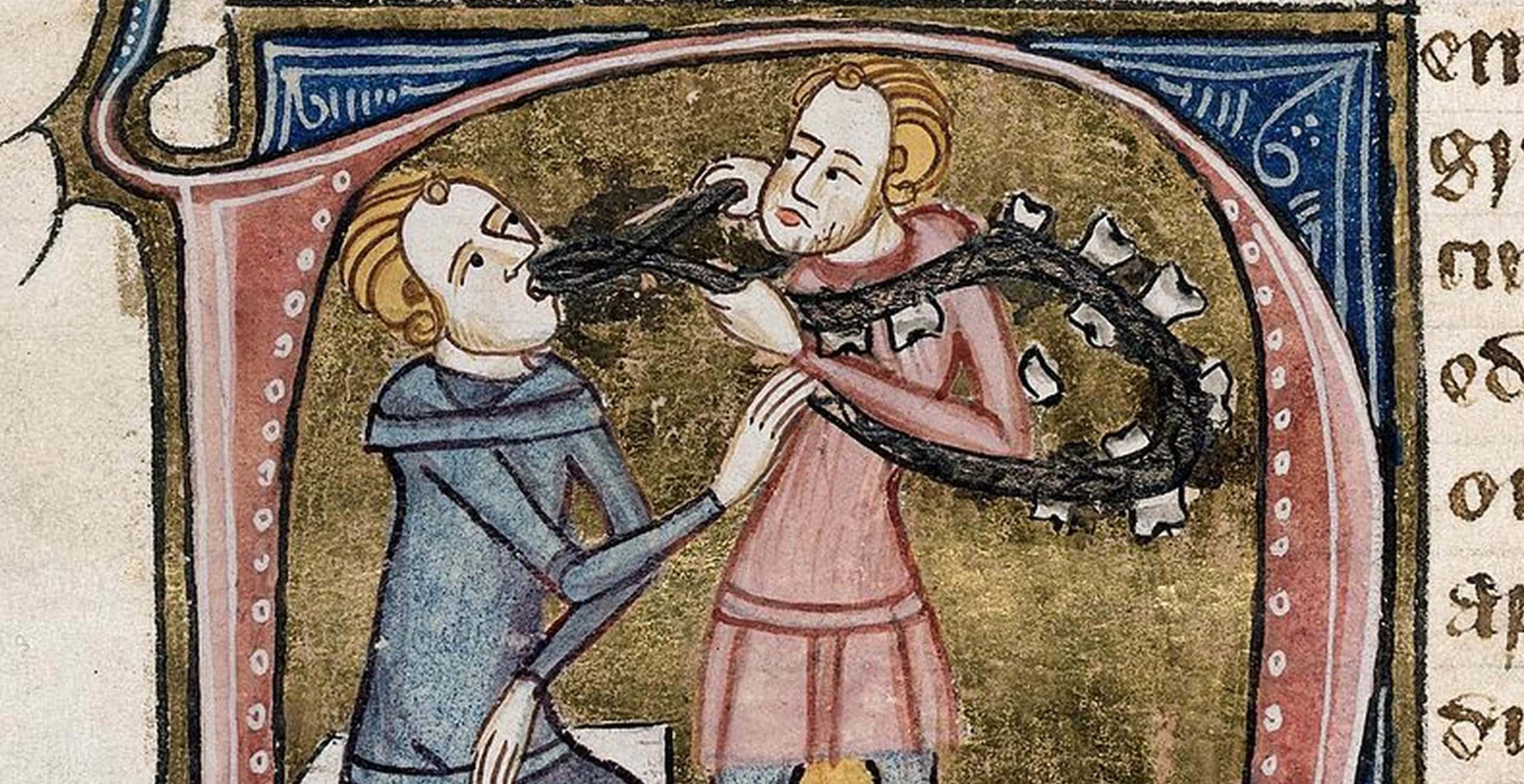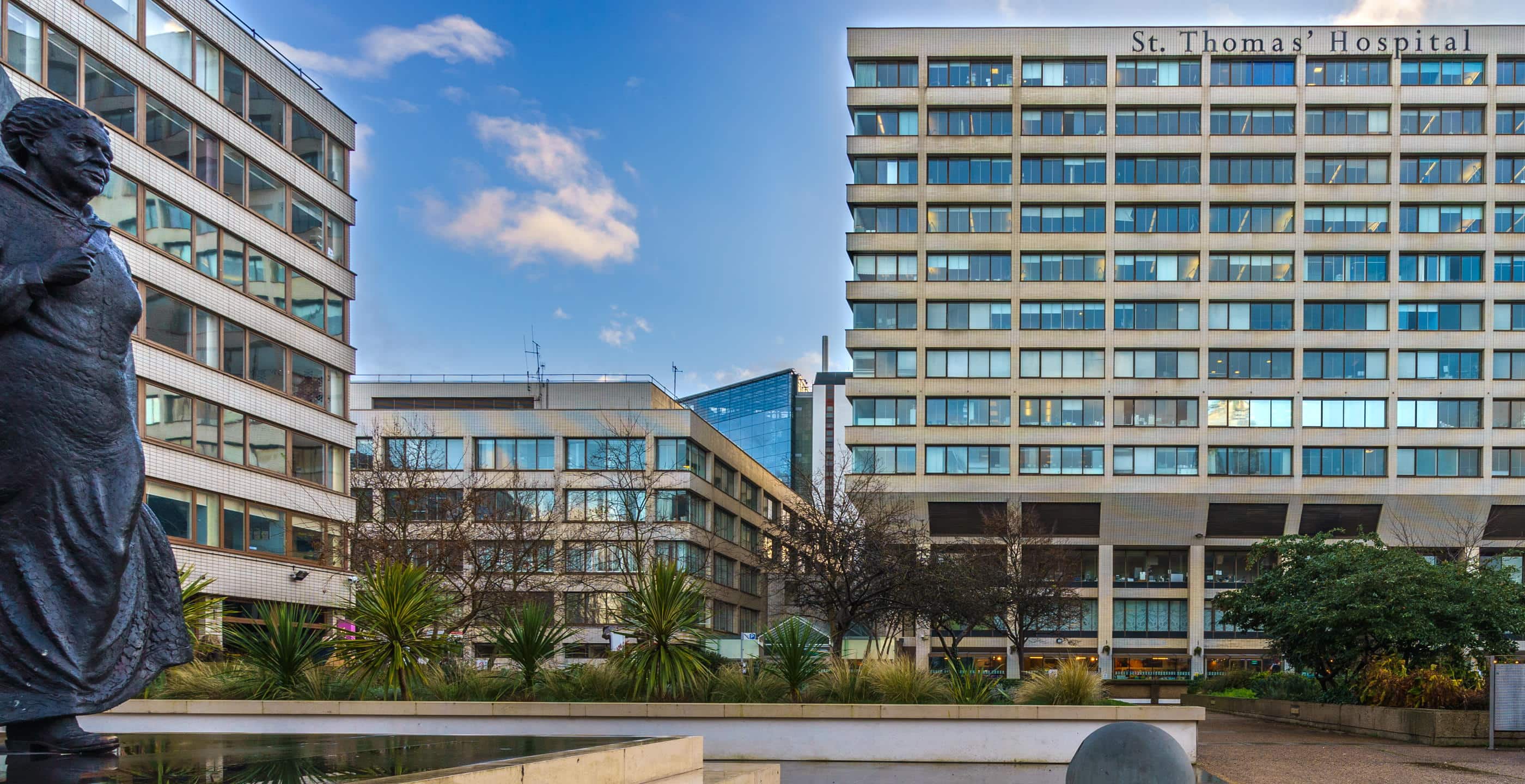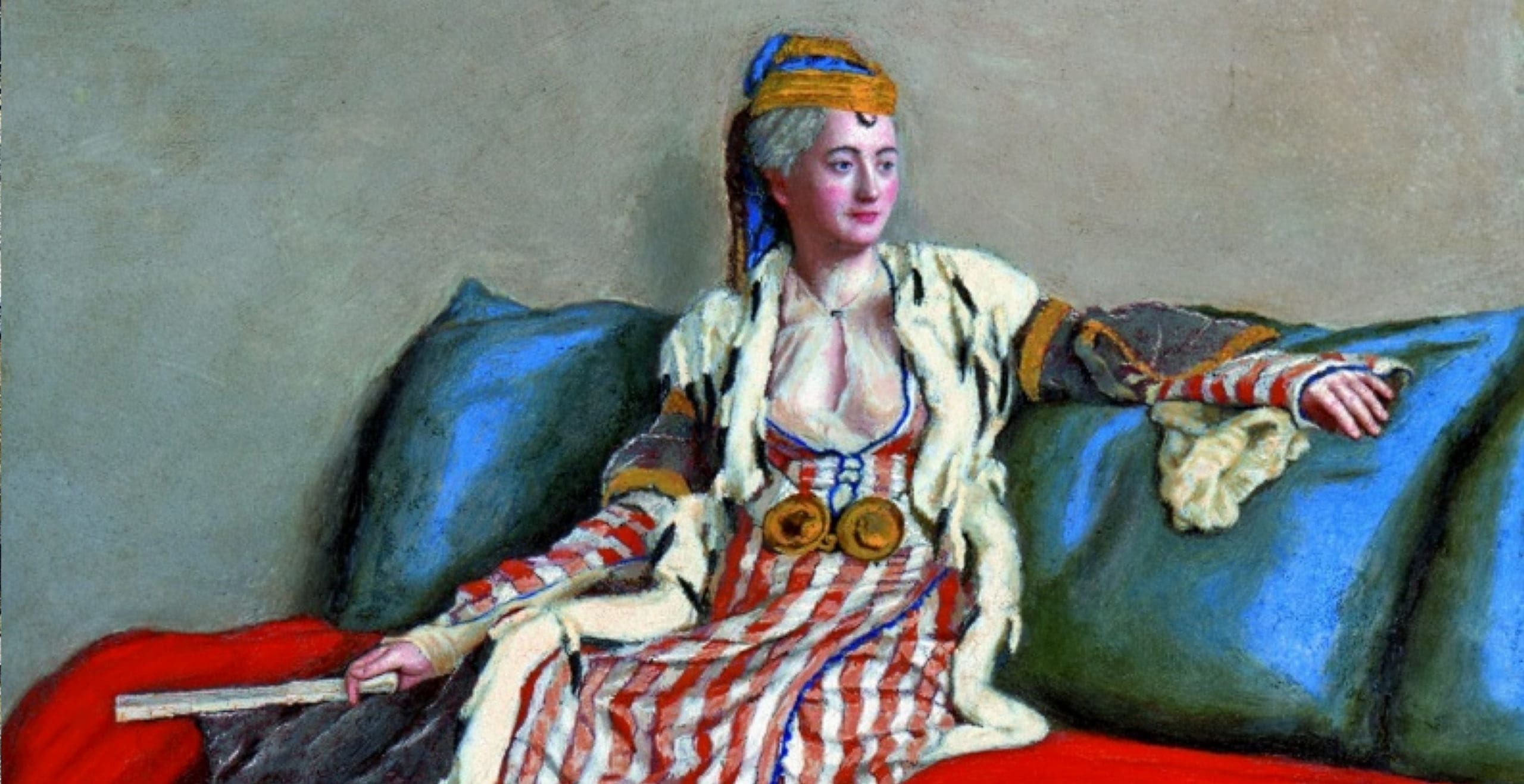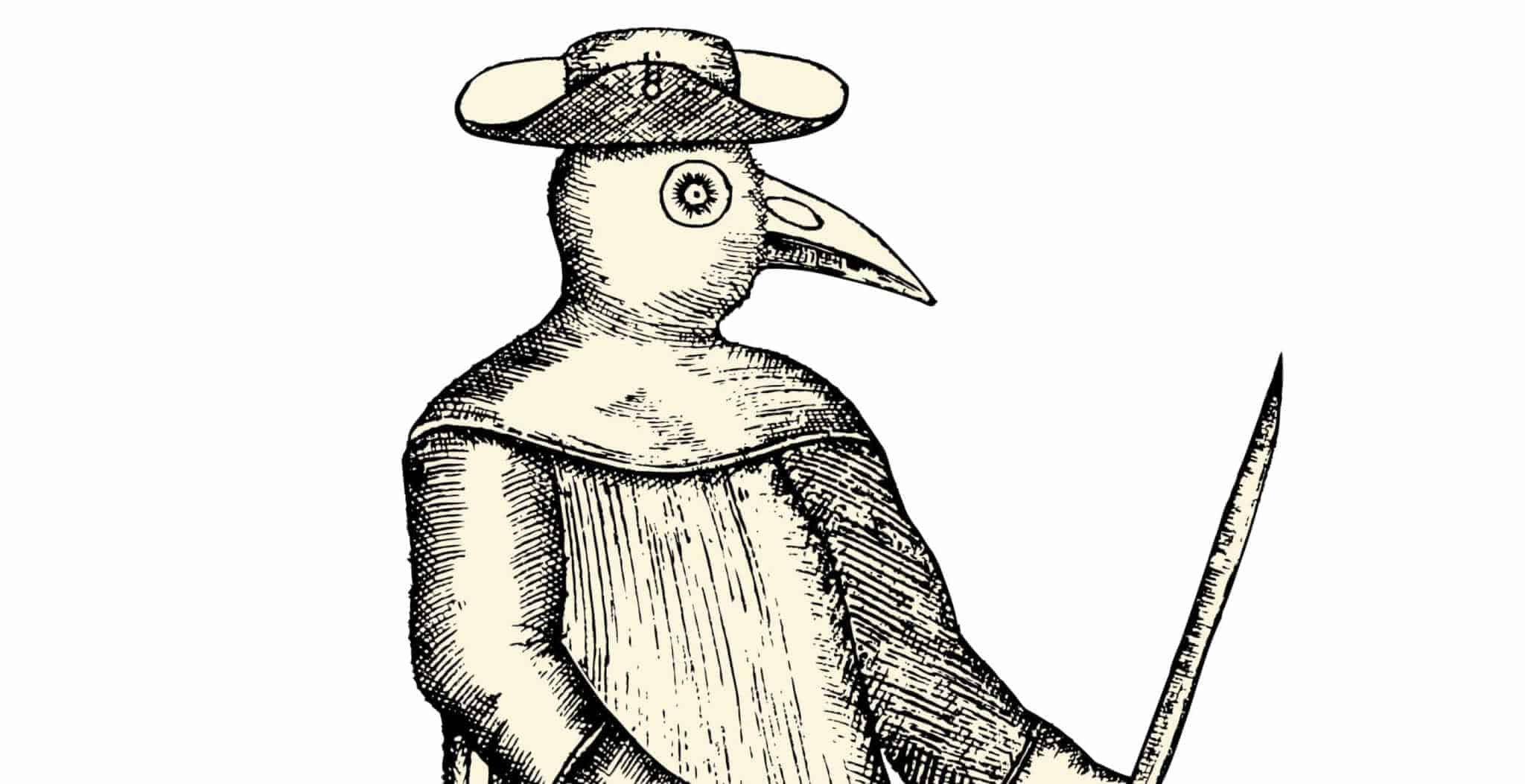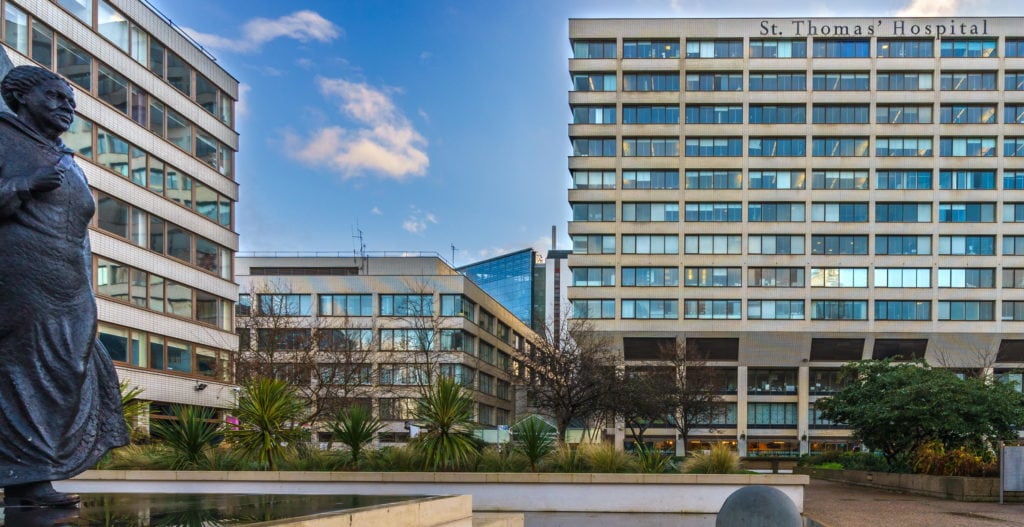From the last two years, one thing is abundantly clear – medicine has, and will continue to have, a significant role in the lives of people worldwide. In Britain, medicine has drastically changed over the last thousand years, a long and deep history, but fundamentally has demonstrated progress and improvement over time. This short article aims to take you through some of the key milestones and ideas in medicine from the medieval period to the 20th century and implementation of the National Health Service (NHS).
Medieval Medicine
Medicine in medieval Britain was a complex and varied field that was shaped by a number of factors, including social, cultural, and technological developments. From the early days of traditional healing practices to the development of more advanced medical treatments, the history of medicine in medieval Britain is a rich and diverse one.
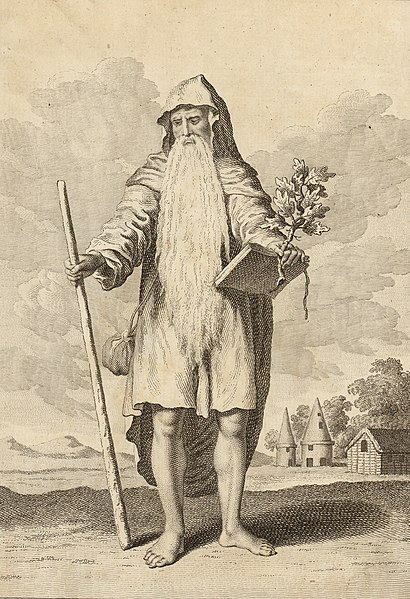
One of the earliest forms of medicine in medieval Britain was herbal medicine, which was practiced by traditional healers, such as Druids and wise women. These healers used a variety of herbs and plants to treat a range of ailments, and their knowledge was passed down through the generations. In addition to herbal medicine, other traditional practices, such as acupuncture and massage, were also used to treat a range of conditions.
During the Middle Ages, the Catholic Church played a significant role in the development of medicine in Britain. Monasteries and other religious institutions served as centres of learning and provided care for the sick. The Benedictine monk, Saint Benedict, is credited with establishing the first hospital in Britain in the 6th century.
In the later medieval period, advances in medical knowledge and treatment were made by scholars and physicians who were influenced by the works of Greek and Roman writers. One of the most famous medieval physicians was the Englishman Sir Thomas Elyot, who wrote a number of influential works on medicine, including the “Book of the Governor,” which was a guide to health and well-being.
Despite these advances, medicine in medieval Britain remained largely ineffective and limited in scope. Many diseases, such as the plague, were poorly understood, and treatments were often inadequate. As a result, mortality rates were high, and life expectancy was relatively low.
In Britain, the Black Death is thought to have arrived in 1348, possibly through the port of Bristol. The disease quickly spread throughout the country, killing thousands of people and severely affecting the economy and social structure. Many people fled the cities to escape the plague, but this only served to spread the disease to rural areas as well. The Black Death had a significant impact on the population of Britain, with some estimates suggesting that it may have killed as much as 40% of the population.
The Black Death also had a profound effect on the culture and society of Britain. It led to a significant shift in the balance of power between the nobility and the peasantry, as the nobility lost a large proportion of their labour force. This led to a rise in wages and an increase in the bargaining power of workers, which ultimately led to the development of a more equitable society. The plague also led to a shift in the focus of the arts, with many artists turning to darker, more macabre themes in their work.
The history of medicine in medieval Britain was a complex and varied one that was shaped by a number of factors. From the early days of traditional healing practices to the development of more advanced medical treatments, the field of medicine in medieval Britain reflects the evolving nature of the field.
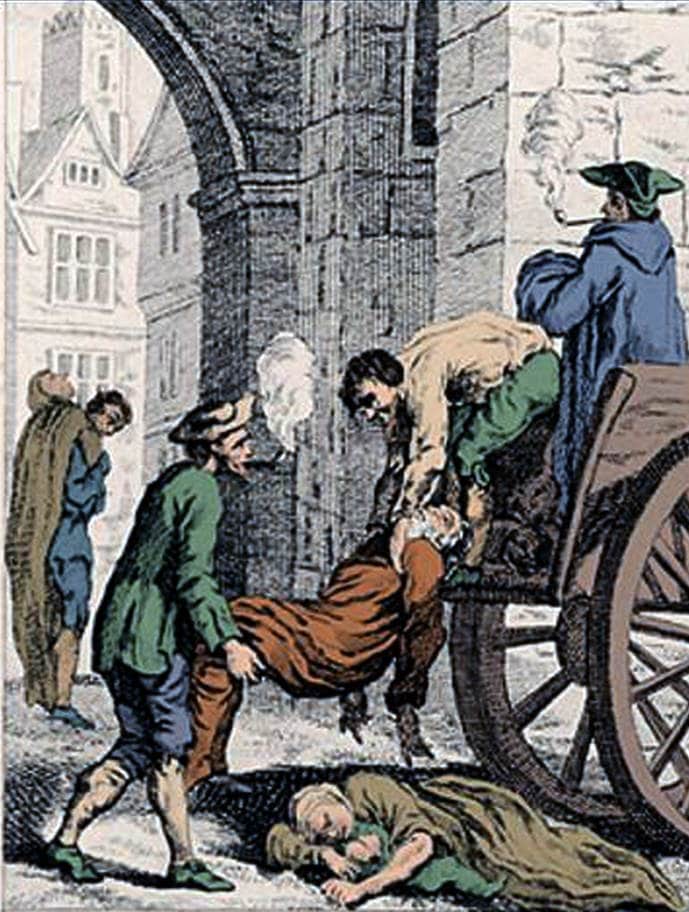
Early modern medicine
An important development in early modern medicine was the emergence of the concept of the “miasma” theory of disease. This theory held that diseases were caused by unhealthy or contaminated air, and that they could be spread through the air or through contact with infected individuals. This theory led to a focus on improving sanitation and hygiene, as well as on quarantine and isolation measures to prevent the spread of disease.
One of the most significant figures in early modern medicine in Britain was William Harvey, a physician who is credited with discovering the circulation of the blood. Harvey’s work revolutionised our understanding of the human body and laid the foundation for modern physiology and medicine.
Other notable figures in early modern medicine include Edward Jenner, who is credited with developing the smallpox vaccine, and James Lind, who is known for his work on scurvy and his contributions to the field of nutrition.
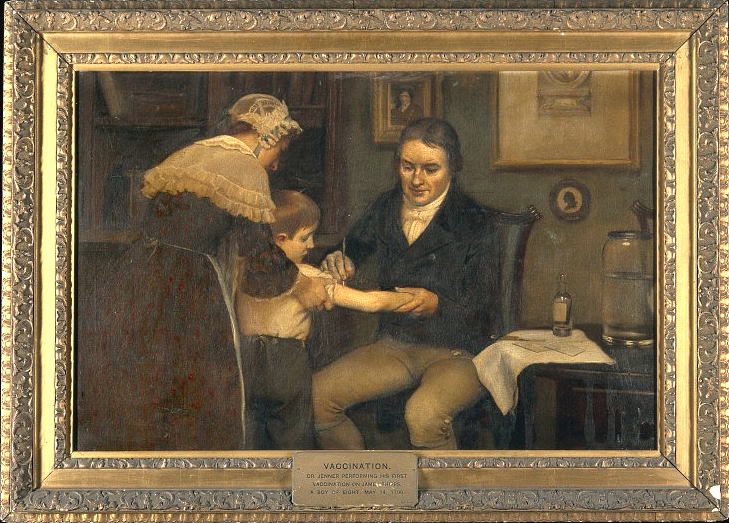
Overall, early modern medicine in Britain was marked by significant advancements and the development of many of the principles and practices that are still used today. Despite the many challenges faced by medical practitioners during this time, they made important contributions to our understanding of the human body and to the field of medicine as a whole.
Modern medicine – 20th century
One of the most significant developments in 20th century medicine in Britain was the widespread adoption of antibiotics. These drugs revolutionized the treatment of infections and greatly reduced the mortality rate for many diseases. Penicillin, the first antibiotic, was developed in the 1930s and quickly became widely used. Other antibiotics, such as streptomycin and tetracycline, were also developed during this time.
Another important development in 20th century medicine in Britain was the emergence of the National Health Service (NHS). The NHS was established in 1948 and provided free healthcare to all citizens of Britain. This greatly improved access to medical care and helped to reduce healthcare costs for many people.
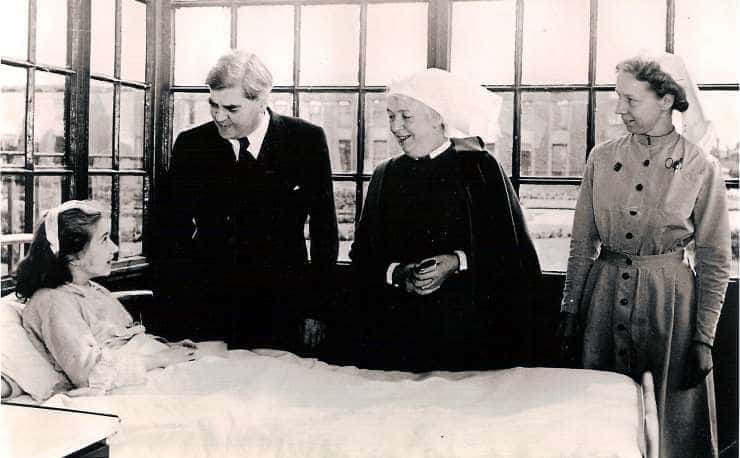
The 20th century also saw significant advancements in surgery, with the development of new techniques and technologies such as laparoscopic surgery and the use of anaesthetics. These developments made many types of surgery safer and more effective, and greatly expanded the range of procedures that could be performed.
Other notable developments in 20th century medicine in Britain include the development of vaccines for a wide range of diseases, such as polio and measles, and the widespread adoption of imaging technologies such as X-rays, CT scans, and MRIs. These technologies revolutionised the diagnosis and treatment of many diseases and conditions.
By Connor Martin. Connor is a History and Politics Teacher in the Midlands with a keen interest in the First World War and ideas surrounding global governance.
Published 5th January 2023
